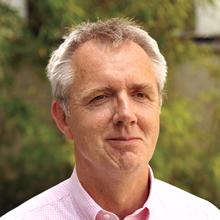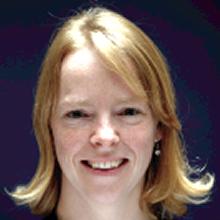Estimating the 2011 Census Geography for Health Care
Competitive studentships available. Population, Health and Wellbeing Group
This topics may be eligible for ESRC or Webscience DTC funding. Any DTC funding is not yet confirmed, but we would still welcome applications from interested candidates.
Supervisors - Prof Graham Moon
Funding source: potential interest to ONS or could be undertaken independently.
The 2011 Population Census is likely to be the last undertaken using traditional methods of survey completion. Yet there will continue to be a requirement for comprehensive base-line data on small area variations on a range of topics for service planning, evaluation and many other needs. This continuing need extends across the public and private sectors. A range of alternative approaches to the provision of census-type data exist. Most attention has focussed on the potential for record linkage arguing that much present census data is available in some form in other databases. The data governance and computing issues raised by this possibility are many fold. Other approaches include microsimulation and multilevel synthetic estimation.
We envisage this studentship commencing with a review and assessment that maps out these alternatives, scoping their feasibility, strengths and weaknesses. Substantive empirical work will entail the construction of a demonstrator project drawing on and extending our past work on multilevel synthetic estimation. This work has estimated the small area health geographies for a range of behavioural and outcome indicators. The methodology entails modelling large routine surveys to identify predictive equations that can be applied to local populations. The studentship offers an opportunity to extend this work and link it to recent methodological developments. We envisage a five stage approach that will involve simulating a robust, accurate and valid synthetic small area baseline population with age, sex, ethnicity and marital status characteristics, comparing this synthetic population to 2011 census (available in autumn 2012), development of multilevel models using routine census data (eg LFS, GHLS, HSfE) on census ‘health’ variables (disability, carers, limiting long term illness), identification of small area synthetic estimates of the selected variables, and validation against 2011 census output.
The project has major applications for future census methodology and, from the student perspective, will provide excellent training in multilevel modelling, access and use of secondary data and GIS.
The research student will join Southampton's Population, Health and Wellbeing (PHEW) research group. There are currently six full time PHEW academic staff (Prof. David Martin, Prof Graham Moon, Dr Kate Boyer, Samantha Cockings, Dr Geoff DeVerteuil and Dr Jim Wright). The group is home to the leading journal Health and Place and ESRC’s Census Programme and group members have held numerous current and recent research awards from funders such as ESRC, ONS and the health sector.
Candidates must have or expect to gain a First or strong Upper Second class degree, in Geography, Social Statistics or a related subject. ESRC +3 funding is subject to a current research application led by Prof. Moon and also contingent on national allocation of ESRC Doctoral Training Centre awards, expected to be announced in early 2011. Candidates for this funding would require an ESRC-recognised 1+ Masters degree. However, a PhD in this field could be undertaken through an unrelated funding scheme which would not necessarily require an ESRC-approved Masters degree.
Details on how to apply are available from the Graduate School Administrator, School of Geography University of Southampton, SO17 1BJ, Telephone 023 8059 2216, fax 023 8059 3295, email J.A.Drewitt@soton.ac.uk. Informal enquiries may be made to Prof Graham Moon (Telephone 023 8059 3822 – email G.Moon@soton.ac.uk).

